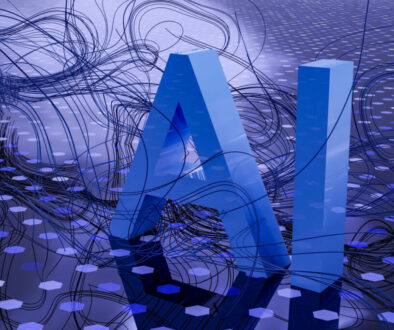A Closer Look at AI Definition in the AI Act
The European Parliament’s recent adoption of the Artificial Intelligence Act (AI Act) brings into focus the complex task of defining what constitutes an AI system. Tervel Bobev in his article “Defining AI in the AI Act: Pin the Tail on the System.” looks at definition of Artificial Intelligence System in AI Act.
According to Article 3(1) of the AI Act, an AI system is described as a machine-based system that operates with varying degrees of autonomy, has the potential for adaptiveness after deployment, and can infer outputs from inputs to influence environments. This definition, while aiming to be comprehensive, has sparked debate due to its ambiguity, particularly around the concepts of autonomy, adaptiveness, and inference. The legislation attempts to clarify these terms, but questions remain about their practical application and the distinction between AI and automated systems.
Critics argue that the AI Act’s definition lacks clarity and fails to adequately link the concepts of autonomy and adaptiveness, which are crucial for a system to be considered truly AI. The act’s reliance on the capacity to “infer” as a defining characteristic of AI, while excluding explicit mention of statistical modeling, leaves room for interpretation and potential challenges in identifying what exactly falls under the AI umbrella. This ambiguity could hinder the effective implementation of the law and its ability to address the nuances of AI technologies.
Also, the AI Act’s approach to defining AI systems reflects an intentionality requirement that raises further questions about the classification of AI systems based on their designed purpose versus their actual functioning. As the AI Act’s concept of an AI system continues to evolve, it will likely require clarification through case law and guidance from relevant authorities. The ongoing debate underscores the difficulty in crafting legislation that accurately captures the complexity of AI technologies while providing clear guidelines for their development and use.
Key Takeaways
- The AI Act defines AI systems based on autonomy, adaptiveness, and the ability to infer, but the definition remains ambiguous.
- The distinction between AI and automation is unclear, raising questions about the criteria for a system to be considered AI.
- The definition’s focus on intentionality and designed operation could complicate the identification and regulation of AI systems.
- The effective implementation of the AI Act may depend on future clarifications through case law and regulatory guidance.



